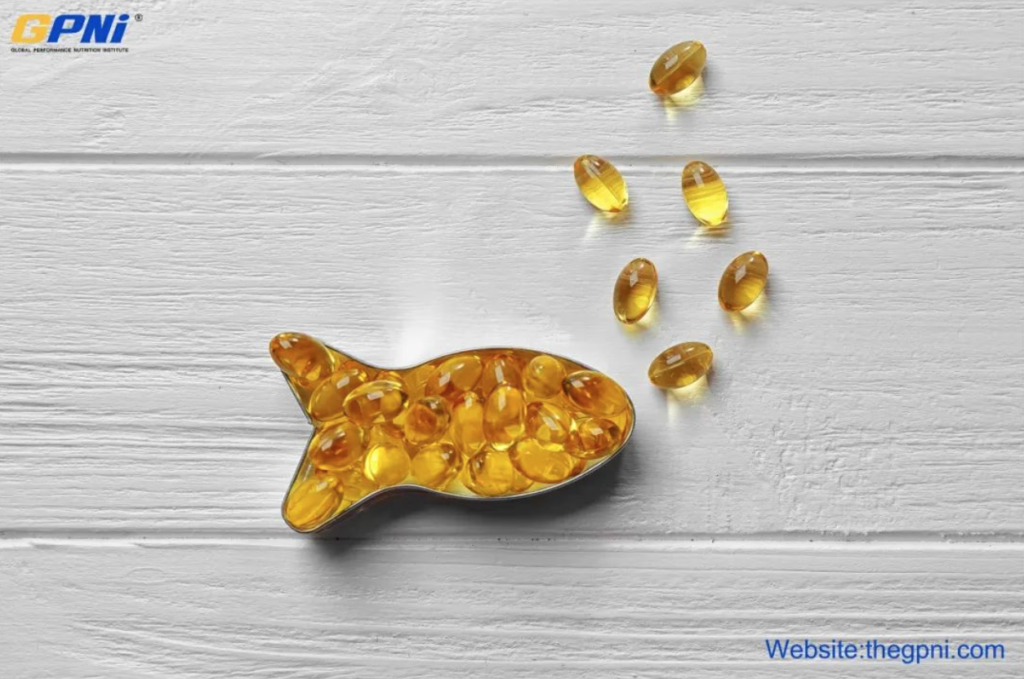Inflammation is a fundamental physiological response to injury and infection, playing a crucial role in the body’s defense mechanisms. However, when inflammation becomes chronic or excessive, it can contribute to various health issues, including chronic diseases like cardiovascular disease, arthritis, and inflammatory bowel disease. One way to modulate inflammation is through diet, and in recent years, omega-3 fatty acids, specifically eicosapentaenoic acid (EPA) and docosahexaenoic acid (DHA), have garnered significant attention for their potential anti-inflammatory properties.
The Omega-3 Fatty Acids: EPA and DHA
EPA and DHA are long-chain omega-3 fatty acids commonly found in fatty fish like salmon, mackerel, and trout, as well as in fish oil supplements. These fatty acids are known for their numerous health benefits, and a significant part of their positive impact is attributed to their ability to control inflammation. While the exact mechanisms are still under investigation, several processes have been proposed to explain how EPA and DHA influence the body’s inflammatory response.
1. Inhibition of Pro-Inflammatory Cytokines
One of the primary ways in which EPA and DHA help control inflammation is by inhibiting the production and activity of pro-inflammatory cytokines. Cytokines are signaling molecules involved in the body’s immune response. EPA and DHA can reduce the expression of key pro-inflammatory cytokines such as interleukin-1 (IL-1), interleukin-6 (IL-6), and tumor necrosis factor-alpha (TNF-α). By doing so, they help dampen the inflammatory response, preventing it from spiraling out of control.

2. Production of Anti-Inflammatory Lipid Mediators
EPA and DHA serve as precursors to specialized pro-resolving lipid mediators (SPMs), such as resolvins, protectins, and maresins. These SPMs play a pivotal role in promoting the resolution of inflammation, actively working to prevent the development of chronic, excessive inflammation that characterizes many diseases. By producing these anti-inflammatory mediators, EPA and DHA help the body return to a state of balance more quickly.
3. Competitive Inhibition of Arachidonic Acid
Arachidonic acid (AA), an omega-6 fatty acid, is the precursor to pro-inflammatory eicosanoids like prostaglandin E2 (PGE2) and leukotriene B4 (LTB4). EPA and DHA can compete with AA for incorporation into cell membranes. By displacing AA, these omega-3 fatty acids reduce the production of pro-inflammatory compounds. This competition is one of the ways in which EPA and DHA modulate inflammation at the cellular level.
4. Regulation of Transcription Factors
EPA and DHA can also influence the activity of various transcription factors, such as nuclear factor-kappa B (NF-κB) and peroxisome proliferator-activated receptors (PPARs). NF-κB is a key regulator of inflammatory gene expression, and EPA and DHA can inhibit its activation. PPARs play a role in regulating lipid metabolism and can also have anti-inflammatory effects. By modulating these transcription factors, EPA and DHA help regulate the inflammatory response at the genetic level.

5. Modulation of Cell Membrane Fluidity
EPA and DHA can alter the physical properties of cell membranes by increasing membrane fluidity. This change affects the function of membrane-bound receptors and enzymes involved in inflammatory pathways, potentially reducing the cell’s responsiveness to inflammatory stimuli. In essence, it makes cells less reactive to inflammatory triggers.
6. Reduction of Oxidative Stress
EPA and DHA possess antioxidant properties, helping to reduce oxidative stress in the body. Oxidative stress is closely linked to inflammation, and by scavenging reactive oxygen species (ROS) and mitigating oxidative damage, these omega-3 fatty acids indirectly inhibit inflammation.
In conclusion, EPA and DHA, two long-chain omega-3 fatty acids found in fatty fish and fish oil supplements, have demonstrated the potential to control inflammation through various mechanisms. These mechanisms include inhibiting pro-inflammatory cytokines, producing anti-inflammatory lipid mediators, competitively inhibiting arachidonic acid, regulating transcription factors, modulating cell membrane fluidity, and reducing oxidative stress. While more research is needed to fully understand the extent of their effectiveness in different contexts and conditions, incorporating EPA and DHA into your diet through fish or supplements may contribute to managing inflammation and promoting overall health. Always consult a healthcare professional before making significant dietary changes or using supplements, especially if you have specific health concerns.

Dr Lowell Greib MSc ND CISSN
‘In a world where peak athletic performance is not just a goal but a necessity, Dr. Lowell Greib MSc ND CISSN, emerges as a paragon of excellence in the realm of Performance Medicine. With over two decades of clinical and educational experience, he is driven by an insatiable desire for innovation, evidence-based care, and athlete well-being. Beyond the conventional parameters of medicine, Dr. Greib has made an indelible mark in the specialization of Sport Fueling and Nutrition, ameliorating athletic performance from the grassroots to the elite level.’







